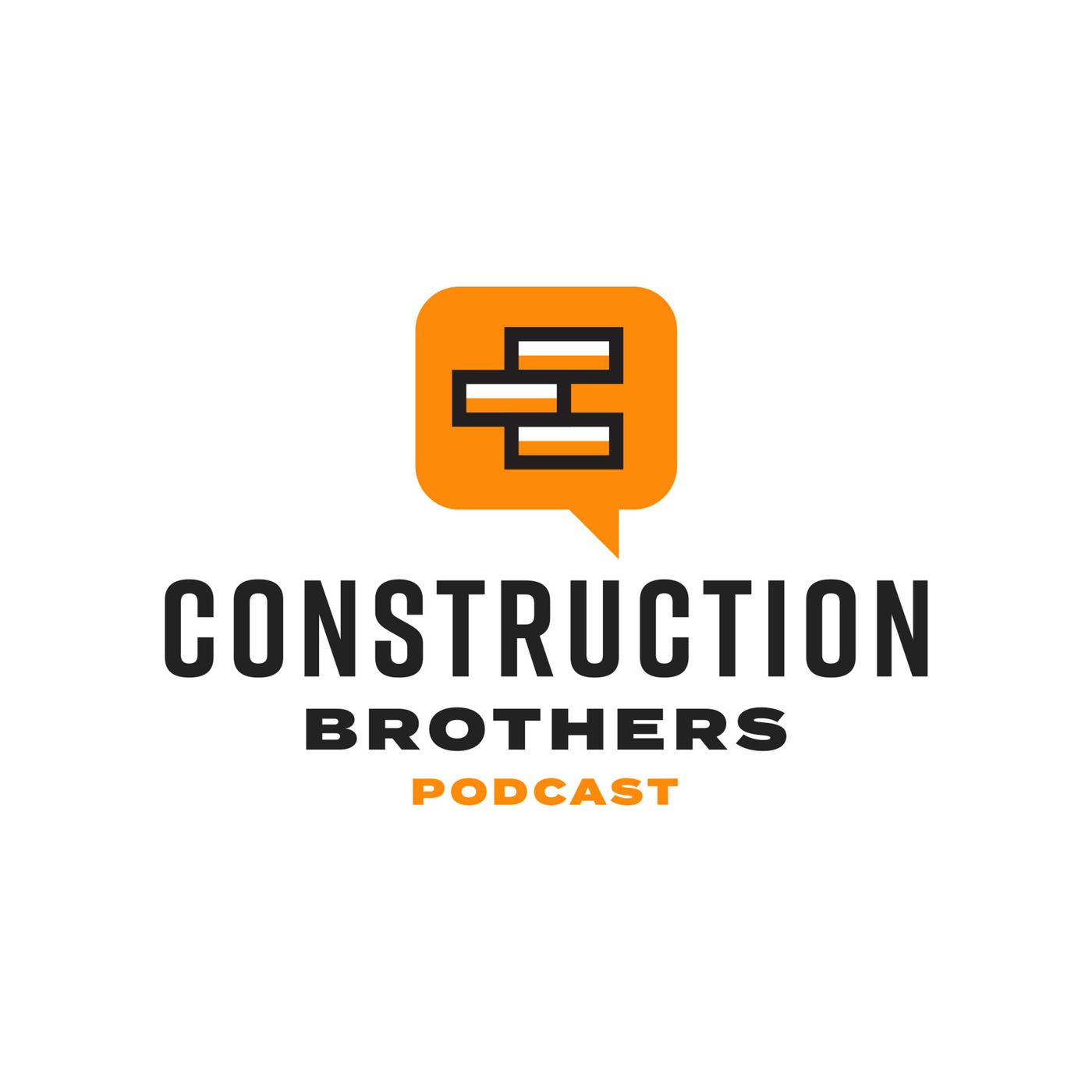

Construction Brothers
Construction Brothers
Eddie and Tyler Campbell are 6th generation builders who currently own a virtual building and modeling company called ABSI. Each week, Eddie and Tyler will explore ideas both directly and indirectly related to the construction industry. Thanks for listening to the Construction Brothers podcast! Find us wherever you listen!
Episodes
Mentioned books

Jan 23, 2026 • 4min
Resolutions: Take a Mentor to Lunch

Jan 21, 2026 • 41min
1 Entering for every 5 Leaving: Finding Tomorrow's Workers

Jan 16, 2026 • 3min
Resolutions - Gain a New Perspective

Jan 14, 2026 • 42min
10 Ways to Anger Your Project Manager

Jan 9, 2026 • 3min
Resolutions - Communicate

Jan 7, 2026 • 1h 5min
Building a Campus: UGA’s Director of Construction (ft. Melanie Ford)

Jan 2, 2026 • 6min
The Illusion of Knowledge | 5 Minute Friday

Dec 25, 2025 • 4min
The Christmas Story | 5 Minute Friday

Dec 24, 2025 • 30min
Santa's South Pole Project

Dec 19, 2025 • 4min


